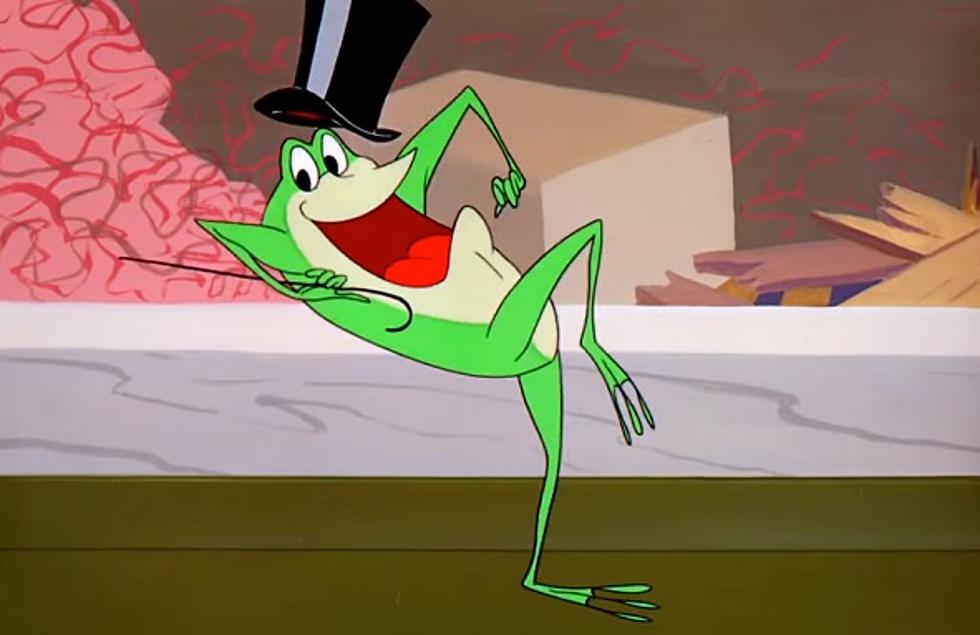media_log is a collection of media that I’ve consumed throughout the day – not in bite-size, headline-only, hot-take form as per social media, but actually reading the article and having a thought. Since taking the social media apps off my phone, I’m being more intentional with how I spend my attention.
Why Televising the Trump Trial Is a Bad Idea
I think it’s important that Nick Akerman compared it immediately to a Mafia trial. And I think he’s right. I think anybody that calls for this child to be televised it’s just looking for ratings, a cash cow, and not thinking about the integrity of the process.
A boy on the autism spectrum struggled with a haircut. His barber saved the day
I love this story! And I am also glad Ree was able to get a diagnosis for her son, Jackson. There’s a history of autism being ignored in Black children. I hope she also has the support she needs
Author Charlotte Ng @pronounced_ing on the Prosecraft situation:
“I hate to break it to anyone thinking of paying for this kind of service, but there’s a limit to what data can teach you about writing. It’s hard to make it in the writing world! But you get better at it by reading & writing & thinking more. Not by faux data analysis.”
I feel like one of the worst lessons being learned by new writers (and it comes from traditional and self-pub marketing) is that the way to write is by gaming the market. That may be the way to sell, but it ain’t the way to write.
The Supreme Court just handed gun groups a rare defeat
The only point of allowing this is for bud-bros who beat their families to be able to buy more guns. Fuck every maker of these killing kits.
Billy Porter says he had to sell his house because of the strikes, offers a “**** you” to Bob Iger Billy Porter has done the work and should be paid fairly. Exploitative, tabloid media makes you think all actors and artists are rich. They are mostly not.

One Froggy Evening – the birth of Michigan J. Frog via @TSting18
Hidden Brain podcast – You 2.0 How to Break Out of a Rut
Turns out that the middle of things is tough. But if you can set some markers and smaller goals, you can make it through.
5-4 podcast – Harisiades v. Shaughnessy
A case that reminds us that the rights in the U.S. Constitution also apply to non-citizen, legal residents…until they don’t.
